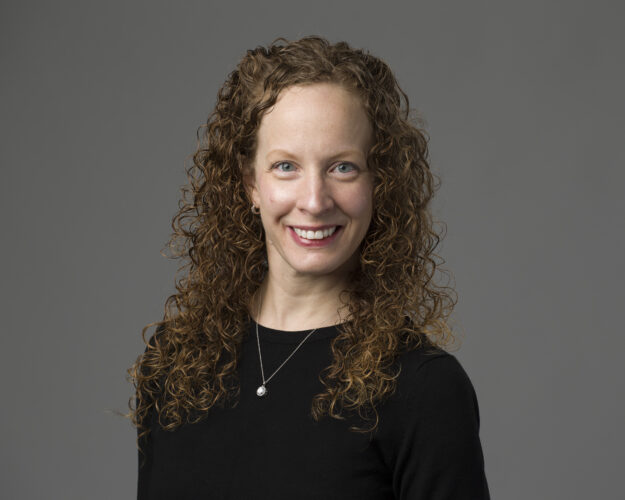WILLARD: Public universities are key to ensuring access isn’t limited to elite

Photo supplied, Weber State University
Mary Beth WillardPoint of view: You’re driving up a canyon, headed to the home of a wealthy classmate for your first garden party in law school. The canyon is steep and windy, and you’ve lost cell service, so when what looks like a massive mansion pulls into view, you’re more than a little relieved to have finally arrived. But no. That’s just the security shack to the neighborhood. The guard eyes your old Civic but gives you a map, and you follow it until you arrive at the real mansion. Its driveway has fountains and its infinity pool – of course it has an infinity pool – has its own sculpture garden. The next-door neighbor is a Hollywood movie star.
As you nibble on hors d’oeuvres, it occurs to you that your philosophy degree is paying you back already. You’ve earned a law school scholarship worth $200,000. You smile a little smugly when your Ivy-league trained classmates say “Webber State – wait, where is that?” You have arrived. Three years later, you’ll graduate, and take a six-figure job at a top law firm.
The philosophy major who recounted this story to me is a remarkable woman, but she’s not the only success story out of my department. It turns out that the kind of mind that likes to read the classics and puzzle over the ship of Theseus is the kind of mind that can find creative and profitable solutions wherever it winds up.
Her story also makes me smile because it resonates so strongly with my own experience. Before I came to Weber State University, I taught at a small college that looked like it could be the set of “Dead Poets Society.” Someone could earn their entire degree from Weber State for less than half a year of tuition at my previous school.
At Weber State, we were actually developing what Thomas Jefferson called the “natural aristocracy.” Jefferson believed that if the United States was going to function as a representative republic, we had to develop ourselves so that we would be capable of self-governance. We didn’t have an aristocracy who would run things for us. We had to do it ourselves and so we had to be prepared to find that talent anywhere we could and cultivate it.
We needed public schools and universities that ensured that no matter where someone was born, their limits would be only those placed by their talents and hard work. College isn’t the only way to have a successful life, but we need to preserve the possibility of everyone’s participation, if we are, in Benjamin Franklin’s words, to keep the Republic.
We’ve heard a lot over the last few weeks, with the ongoing budget cut and reallocation brought on by HB 265, about how higher education in Utah needs to be more efficient – and some days, it’s hard to disagree, especially when we see in the press about the spending of the former president of Utah State University. We have a legal and, I would argue, moral obligation to be good stewards of the public’s money and trust. We can always do better.
That said, we need to take care to balance perceived monetary efficiency with that Jeffersonian vision. Talent isn’t handed out by zip code. Not every baby born in Utah with the talent to be a physicist or doctor or a biomedical engineer or a botanist or an economist is also born with a sizable college fund. The students I see every day are hustling to make it all work. If Weber State doesn’t offer the degree they’re interested in, they’re simply not going to be able to get it.
In that vein, I asked my former student what would have happened if Weber State hadn’t had a philosophy major when she was studying. Would she have gone to the University of Utah? No. The U. costs 50% more and the commute would have been impossible to balance with work. She wouldn’t have gone to law school, and neither would some of the Weber classmates in other majors who begged her for tutoring for the law school entrance exams. Her law school scholarship, and her fancy big law job, would have probably gone to some Ivy League graduate.
Access to a broad education and the opportunities it offers shouldn’t be restricted artificially to the elite. And as I tell my students when they grumble about the difficulty of reading Plato: the effort is worth it, because we are worth the effort.
Mary Beth Willard is a professor of philosophy at Weber State University, where she is currently serving as chair of the Department of Political Science & Philosophy. This commentary is provided through a partnership with Weber State. The views expressed by the author do not necessarily represent the institutional values or positions of the university.


